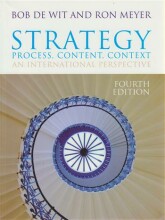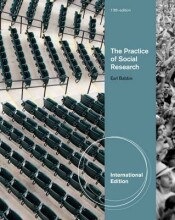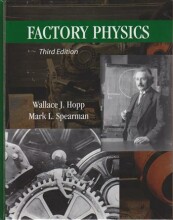From Populist Revolution to Communist Dictatorship - Deterioration of Living Standards
9 important questions on From Populist Revolution to Communist Dictatorship - Deterioration of Living Standards
Why did the tacit alliance between workers break down?
- disruption of trade between town and countryside (inherited in part by the Bolsheviks) worsened
- Transport in chaos and little being produced what peasants wanted to buy the peasants became reluctant to sell grain for roubles which were rapidly losing their worth
- This created hostility between city and countryside
What were the consequences of the increasing conflict between peasant and workers after the Bolsheviks came to power?
- Workers demanded a share of land in the villages
- Those who remained in the cities became bitterly resentful of the 'selfish' peasantry and sought relief by taking grain by force
How did the struggle to procure grain create conflict between rural areas?
- Higher grades + faster learning
- Never study anything twice
- 100% sure, 100% understanding
Why within villages was conflict increased after the Bolsheviks came to power?
Why did soldiers returning to their villages increase rural conflict after the Bolsheviks came to power?
How did living conditions become worse in the cities after the Bolsheviks came to power?
- shortage of food
- shortage of fuel
- shortage of raw materials
- industrial production collapsed
- size of industrial workforce fell by more htan half
Why were peasants and workers unable/unwilling to entrench their political power and consolidate their influence and the democratic power of the popular institutions created in 1917?
What are examples of peasants and workers being unwilling to entrench/enforce their political power?
- attendance at plenary sessions of soviets declined
- interest in elections declined
- Even when the long-awaited constituent assembly was dispersed popular discontent was muted
Why did the chaotic economic situation in Russia also mean that many actually wanted authoritarian government control and welcomed Bolshevik control?
- Struggle for bread and resources meant that many wanted the government nationalisation of industries which would ensure their subsidisation and continued provision of work
- Regions, cities, villages and individuals who couldn't afford grain welcomed a forceful authority who would requisition and ration it
The question on the page originate from the summary of the following study material:
- A unique study and practice tool
- Never study anything twice again
- Get the grades you hope for
- 100% sure, 100% understanding































